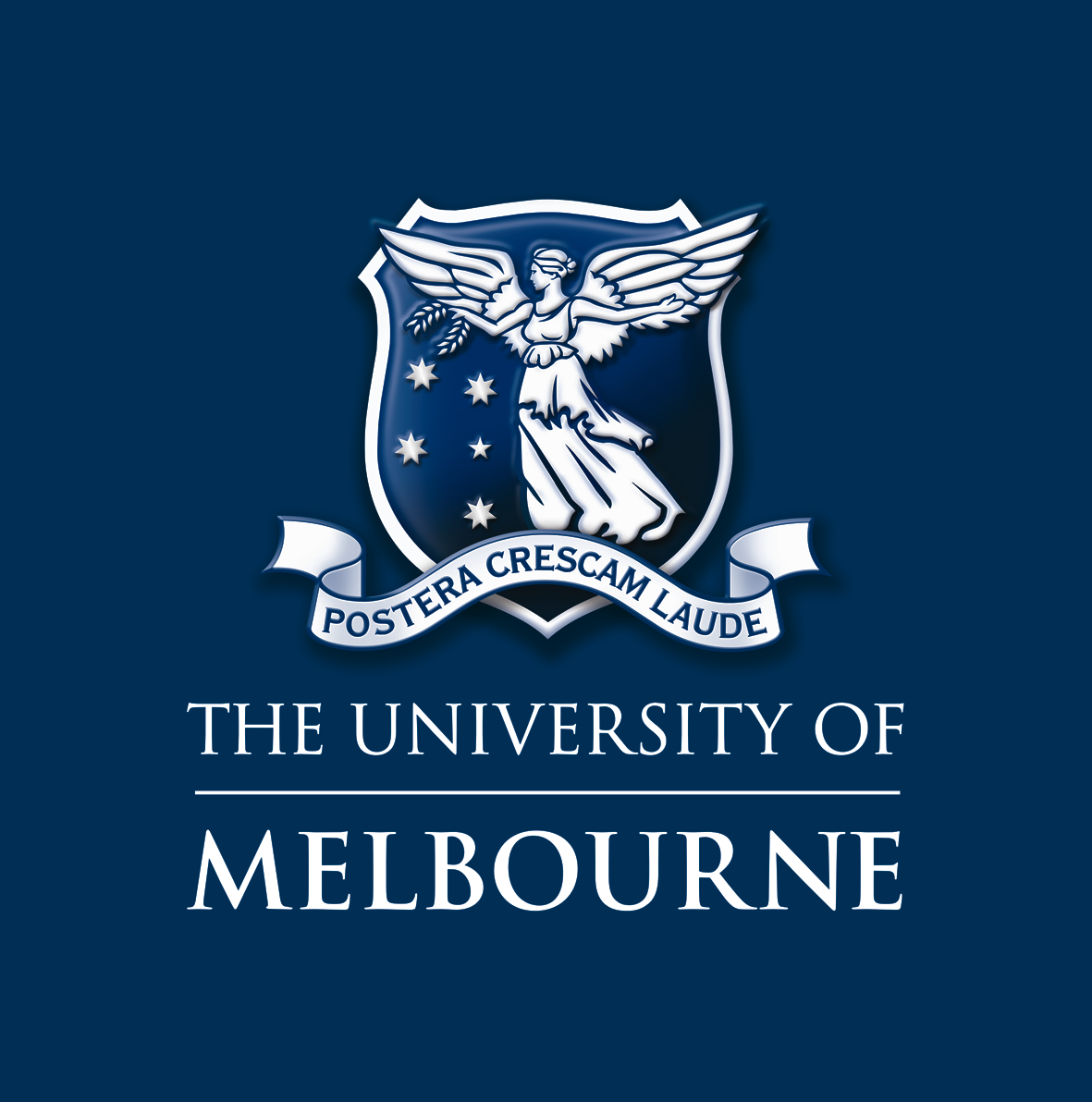Project: Examining the role of butyrophilin conformations in sensing phosphoantigen
Uldrich Group
Alpha-beta (αβ) T cell recognition of peptide and major histocompatibility complex (MHC) has been well characterised since the discovery of antigen restriction by Doherty and Zinkernagel in 1974. Since then, a second class of T cells, namely gamma-delta (γδ) T cells, have been shown to be critical components of the immune system detecting non-peptide antigens, such as small molecule intermediates of isoprenoid synthesis called phosphoantigens (pAg). As these molecules are produced by mammalian cells as well as bacterial cells, they have shown great potential in cancer therapies as well as combating infectious diseases. In two ground-breaking discoveries, we have recently demonstrated direct roles for butyrophilin (BTN) proteins 2A1 and 3A1 sensing pAg and engaging the γδ T cell receptor (TCR). However, the molecular mechanism underpinning this recognition has been a longstanding mystery. We have identified several putative molecular conformations of these BTN molecules, however, how these different structures regulate the interaction with the γδ TCR is unclear.
We have engineered versions of these BTN proteins that have impaired ability to mediate intermolecular interactions and therefore are unable to adopt specific structural conformations. We hypothesise that these mutant BTN proteins will not be able to signal the γδ TCR and therefore will not activate γδ T cells. This project will test the role of these molecular interactions, and thus the specific structural conformations adopted by BTN proteins, in pAg-sensing by γδ T cells. This project involves genetic engineering of human T cells, flow cytometry, and in vitro T cell activation assays. Knowledge generated from this project will be used to target the molecular underpinnings of pAg recognition for future therapeutics.
Contact project supervisor for further
information and application enquiries
Uldrich Group
1 vacancies

We are interested in gamma-delta (γδ) T cells, which are a vital component of the immune system and respond to many pathogens and cancer. Unlike their alpha-beta (CD4 and CD8) T cell counterparts, γδ T cells respond rapidly to infectious cues and act as a bridge between the innate and adaptive immune compartments. They are also potent killers of tumour cells, and there have been over ten clinical trials attempting to harness their immunotherapeutic potential. Our funding supports exploring the fundamental mechanisms that underpin γδ T-cell immunity, as well as developing novel γδ T cell-based immunotherapeutics.
Uldrich Group Current Projects
-
Examining the role of butyrophilin conformations in sensing phosphoantigen
PhD/MPhil, Master of Biomedical Science, Honours



